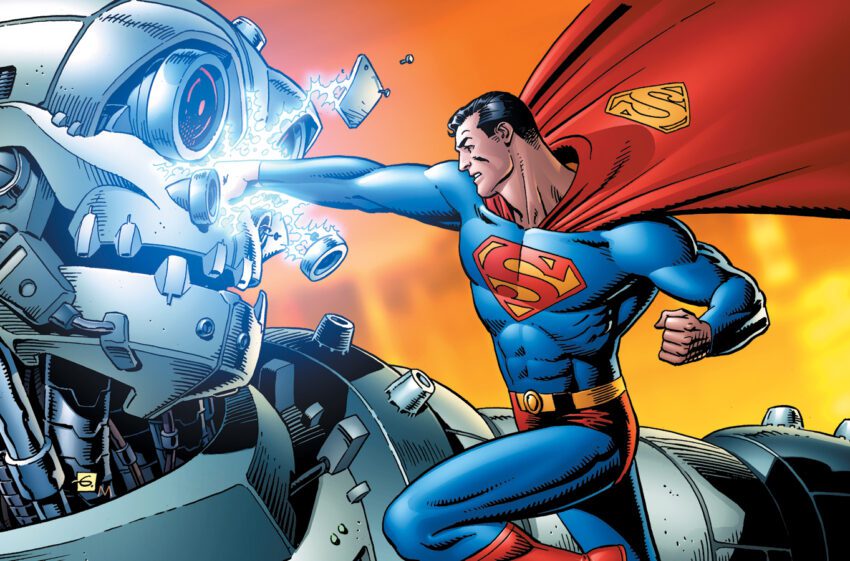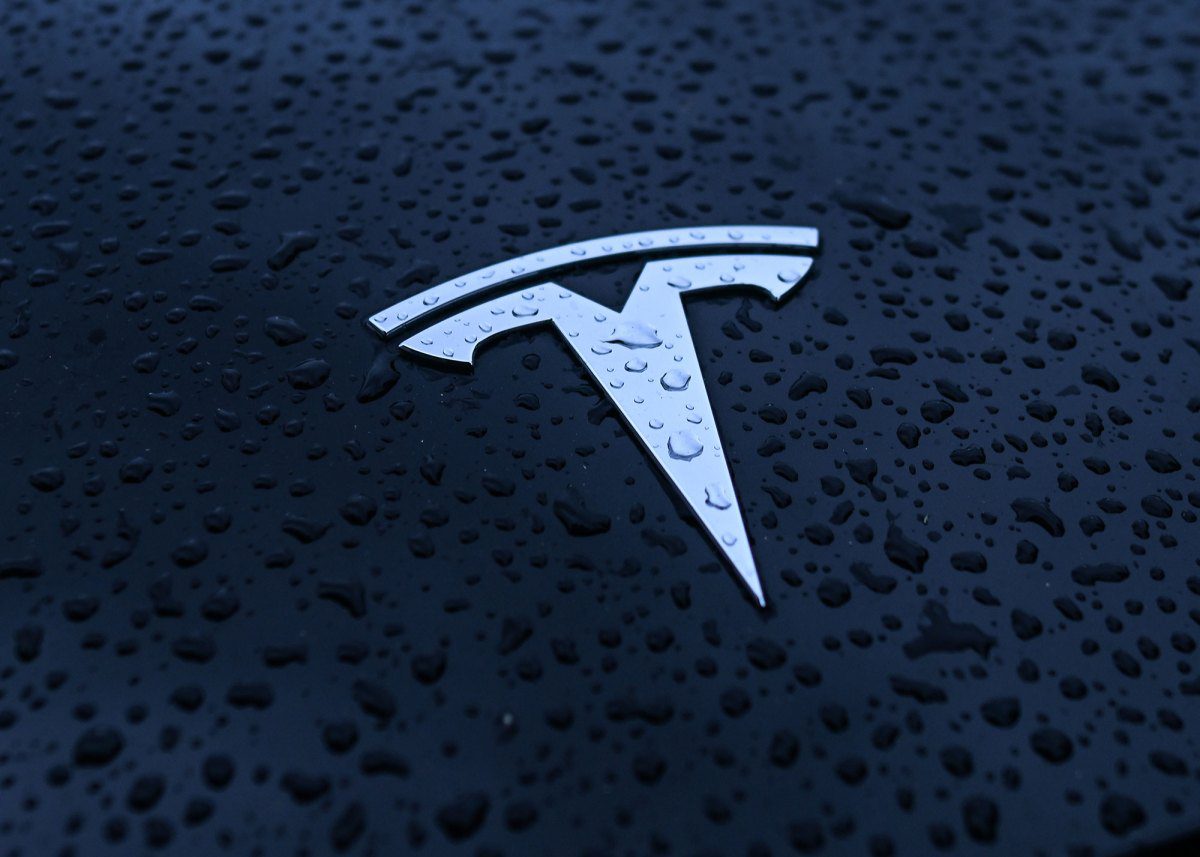
dc comics won t support generative ai DC Comics has firmly established its stance against the use of generative AI in its storytelling and artwork, emphasizing the importance of human creativity in its projects.
dc comics won t support generative ai
DC Comics’ Commitment to Human Creativity
During a panel at New York Comic Con, DC Comics president and publisher Jim Lee made a definitive statement regarding the company’s position on generative AI. He declared, “We will not support AI-generated storytelling or artwork,” reinforcing the notion that the future of DC Comics will be guided by human artists and writers. Lee’s comments were not just a casual remark; they were a clear message to fans and industry stakeholders that DC intends to maintain its commitment to authentic creative processes. “Not now, not ever, as long as [SVP, general manager] Anne DePies and I are in charge,” he added, signaling a long-term vision for the company.
The Authenticity Factor
Lee’s remarks touched on a critical aspect of artistic creation: authenticity. He likened the current concerns surrounding AI in creative industries to past technological scares, such as the Millennium bug and the hype surrounding NFTs. “People have an instinctive reaction to what feels authentic. We recoil from what feels fake. That’s why human creativity matters,” he explained. This perspective underscores a growing sentiment among artists and fans alike, who are increasingly wary of technology that could undermine the human element in creative endeavors.
Lee elaborated on the limitations of AI, stating, “AI doesn’t dream. It doesn’t feel. It doesn’t make art. It aggregates it.” This distinction is crucial; while AI can analyze vast amounts of data and generate content based on patterns, it lacks the emotional depth and personal experience that human artists bring to their work. This emotional connection is often what resonates with audiences, making human-created art more impactful and meaningful.
Historical Context and Recent Controversies
DC Comics has a long-standing policy that mandates all artwork must be original and authentically produced by artists. However, the company has faced scrutiny in recent months over allegations of using generative AI in variant comic book covers. This controversy has raised questions about the integrity of the creative process at DC and has led to significant backlash from fans and industry professionals alike.
In response to this backlash, DC Comics made the decision to replace the suspected AI-generated covers, a move that likely contributed to the company’s more assertive stance against generative AI in future projects. The decision to withdraw these covers was not merely a reaction to public outcry; it also reflects a deeper commitment to preserving the integrity of the comic book medium.
Stakeholder Reactions
The reaction from stakeholders, including artists, writers, and fans, has been overwhelmingly supportive of DC’s decision. Many creators have expressed concerns that the rise of generative AI could lead to job losses and diminish the value of human artistry in the industry. By taking a firm stance against AI-generated content, DC Comics is aligning itself with the interests of its creative community.
Artists have long argued that the unique perspectives and experiences they bring to their work cannot be replicated by machines. The fear is that as AI technology becomes more advanced, it could potentially replace human artists, leading to a homogenization of creative output. This concern is particularly relevant in an industry where individual style and voice are paramount.
The Future of DC Comics
Lee’s comments also highlight a broader conversation about the future of storytelling in the comic book industry. “Anyone can draw a cape. Anyone can write a hero. That’s been around as long as comics have been. It’s called fanfiction, and there’s nothing wrong with fanfiction,” he stated. However, he emphasized that iconic characters like Superman only feel authentic when they exist within the DC universe, which has been carefully crafted over decades.
This notion of a shared universe is crucial for the longevity and relevance of characters in the comic book world. Lee argues that the mythos surrounding DC’s characters is what endures and will carry the company into the next century. This commitment to a cohesive narrative universe is a key differentiator for DC Comics, setting it apart from other publishers that may be more open to experimenting with AI-generated content.
Implications for the Industry
DC Comics’ decision to reject generative AI has broader implications for the comic book industry as a whole. As more companies explore the potential of AI in creative processes, DC’s stance serves as a counterpoint, emphasizing the value of human creativity. This could lead to a more significant divide in the industry, where some publishers embrace technological advancements while others prioritize traditional artistic methods.
Moreover, DC’s commitment to human artistry may resonate with fans who are increasingly concerned about the authenticity of the content they consume. In an age where digital manipulation and AI-generated content are becoming more prevalent, the desire for genuine, human-created art is likely to grow. This shift could influence consumer behavior, leading fans to gravitate toward publishers that prioritize authenticity over technological convenience.
Conclusion
In an era where technology is rapidly evolving, DC Comics has taken a bold stance against the use of generative AI in its storytelling and artwork. Jim Lee’s commitment to human creativity reflects a broader sentiment within the industry, emphasizing the importance of authenticity and emotional connection in art. As the comic book landscape continues to change, DC’s decision may serve as a guiding principle for other publishers navigating the complexities of technology and creativity.
Ultimately, DC Comics aims to preserve the integrity of its characters and stories, ensuring that they remain rooted in human experience and creativity. As the industry grapples with the implications of AI, DC’s firm stance may not only shape its own future but also influence the broader conversation about the role of technology in creative fields.
Source: Original report
Was this helpful?
Last Modified: October 9, 2025 at 5:36 pm
6 views















